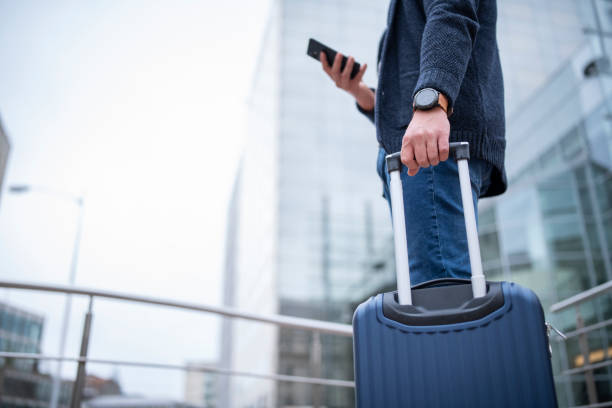Insights from the Goldman Group
The corporate travel industry is entering a transformative phase, with global business travel spending projected to reach $1.48 trillion in 2024 and a staggering $2 trillion by 2028. As the landscape evolves, so too do the challenges and opportunities, particularly around content fragmentation. A recent white paper from the UK’s Business Travel Association (BTA), in partnership with the Australian Travel Management Company (ATMC), sheds light on key trends shaping the industry.
Dave Goldman, Joint Managing Director of the Goldman Group, shared his thoughts on these developments, highlighting the vital role that Travel Management Companies (TMCs) play in addressing these challenges.
The Complexities of Fragmentation
Fragmentation in corporate travel stems from an ever-increasing number of content sources, platforms, and systems. This has led to operational inefficiencies and inconsistent data integration, making it harder for businesses to manage their travel programmes effectively.
“TMCs that can simplify this complexity will set themselves apart,” said Dave Goldman. “At the Goldman Group, we’re committed to delivering seamless solutions that enhance value for our clients, and our GoldConnect platform is a key enabler in this space.”
Leveraging Technology and Data
As corporate travel becomes increasingly reliant on technology, the integration of data across platforms remains a critical challenge. Without unified systems, TMCs risk providing inconsistent service and reporting.
“GoldConnect is our answer to this issue,” Goldman explained. “It provides a unified, personalised solution, ensuring that our clients have access to consistent, actionable insights that streamline their travel operations.”
Sustainability: A Growing Priority
The demand for sustainable travel options has never been higher, with environmental, social, and governance (ESG) compliance becoming a top priority for corporate clients. This shift adds a new layer of complexity to travel management, requiring TMCs to innovate and adapt.
“Our clients are increasingly focused on reducing their carbon footprint,” said Goldman. “With GoldConnect, we offer tools like real-time sustainability analytics and comprehensive reporting to help clients meet their environmental goals.”
Future Trends in Corporate Travel
Looking ahead, the corporate travel industry is poised for further transformation. Key trends include:
- The rise of AI and automation to personalise travel experiences
- An enhanced focus on ESG compliance within travel programmes
- Strengthened partnerships between TMCs, suppliers, and technology providers
“These trends underline the importance of collaboration and innovation,” Goldman added. “As a TMC, our role is evolving beyond service provision to include technology-led solutions that empower our clients to navigate this complexity with confidence.”
The Way Forward
The Goldman Group is uniquely positioned to thrive in this environment. By harnessing the power of GoldConnect, the company continues to deliver smarter, more efficient travel solutions, ensuring its clients stay ahead in an ever-changing industry.
“We see these challenges as opportunities to add value,” said Goldman. “Whether it’s through streamlined processes, integrated technology, or sustainable travel solutions, our mission is to make corporate travel simpler and more impactful for our clients.”
For more insights into how the Goldman Group is shaping the future of corporate travel, visit goldmangroup.com.au/gold-connect.




